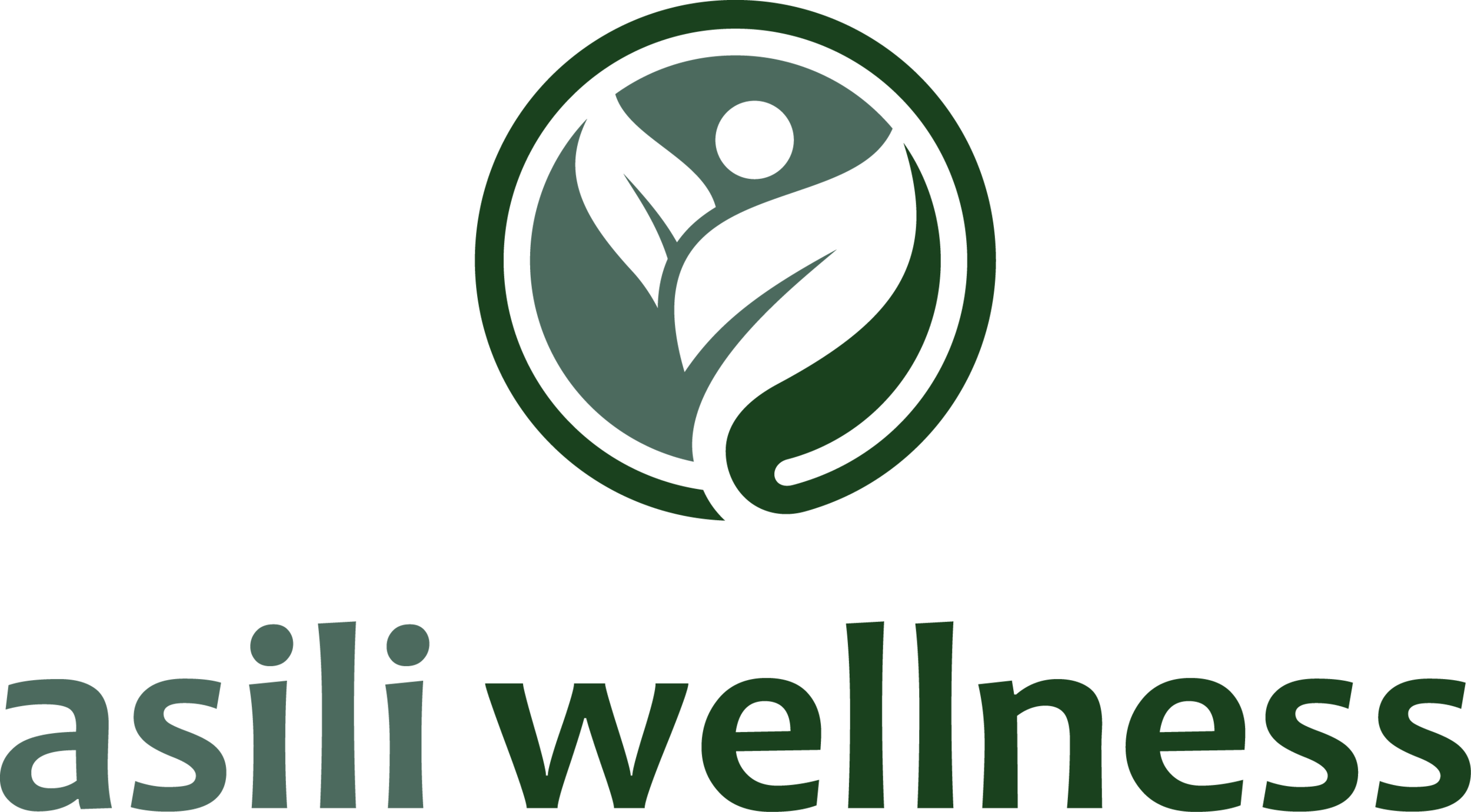Rising from the Ashes: Understanding Post-traumatic Growth
Life can throw some pretty tough challenges our way, and it's normal for trauma to leave its mark on us. But did you know that out of that pain can come something extraordinary? It's called Post-traumatic Growth (PTG). You can think of it as a journey of "rising from the ashes," showcasing the fantastic strength of the human spirit. This hidden resilience can lead to transformation, bringing hope and inspiration even in the most challenging times. In this article, we'll dive into what PTG is all about, explore its background, and see how it differs from post-traumatic stress.
What is Post-traumatic Growth?
Post-traumatic Growth goes beyond just bouncing back from challenging situations; it's about experiencing a profound transformation after facing a significant challenge. Sure, adversity can be painful, but it often opens the door to unexpected personal development and a fresh perspective on ourselves, our relationships, and the world around us. Recognizing this Growth is important because it can exist alongside post-traumatic stress disorder (PTSD), showing that both can be part of the healing journey.
The Process of Post-traumatic Growth
The path to Post-traumatic Growth involves several stages as we navigate the aftermath of trauma, often leading to positive psychological changes:
(1) Crisis or Trauma
This initial stage involves facing a significant crisis or trauma, which can be incredibly distressing.
(2) Disruption and Distress
After the trauma, life often feels chaotic and overwhelming. It's common to feel a mix of emotions during this time.
(3) Coping and Adjustment
In this stage, people start figuring out how to cope with the trauma. It might include leaning on support networks and finding ways to process what happened.
(4) Cognitive Processing and Meaning-Making
Here, we start to think deeply about our experiences, reevaluate our beliefs and values, and seek meaning in our adversity.
(5) Personal Growth and Transformation
With time, many find themselves experiencing positive changes, such as greater resilience, a deeper appreciation for life, clearer priorities, stronger emotional fortitude, better relationships, and a renewed sense of purpose.
(6) Integration and Continued Growth
In this final stage, individuals incorporate the lessons from their trauma into their lives. Rather than forgetting the experience, they embrace the insights gained, which allows for ongoing personal development and Growth.
It's important to remember that Post-traumatic Growth isn't always a straight path; people move through these stages at their own pace, possibly experiencing setbacks along the way. This process is influenced by various factors, including the nature of the trauma, individual coping styles, social support, and personal resilience, creating a beautiful, complex tapestry of Growth.
Final Thoughts
As we wrap up, let's take a moment to appreciate the importance of Post-traumatic Growth. It reminds us that understanding and nurturing Growth after adversity is vital to the human experience.
So, let's carry this message with us and work towards creating a compassionate world that honors resilience and encourages Growth. We all have the power to make a difference!
At Asili Wellness, we offer holistic therapeutic services to enhance, nourish, and transform well-being.
We'd love to walk alongside you in creating your happiness and enhancing your ability to promote health, prevent disease, encourage self-care, and foster healing. Let's work together to fill your cup! Reach out today and schedule a complimentary consultation.
Explore Yoga + Talk Therapy
Shop Products
Join Thrive
thrive is a complimentary resource with fresh goodies each month intended to help you create a healthier lifestyle mentally, physically, and emotionally.
Call, email, follow, or shop today to start your journey!
Peace + Wellness, Dr. Nicole









